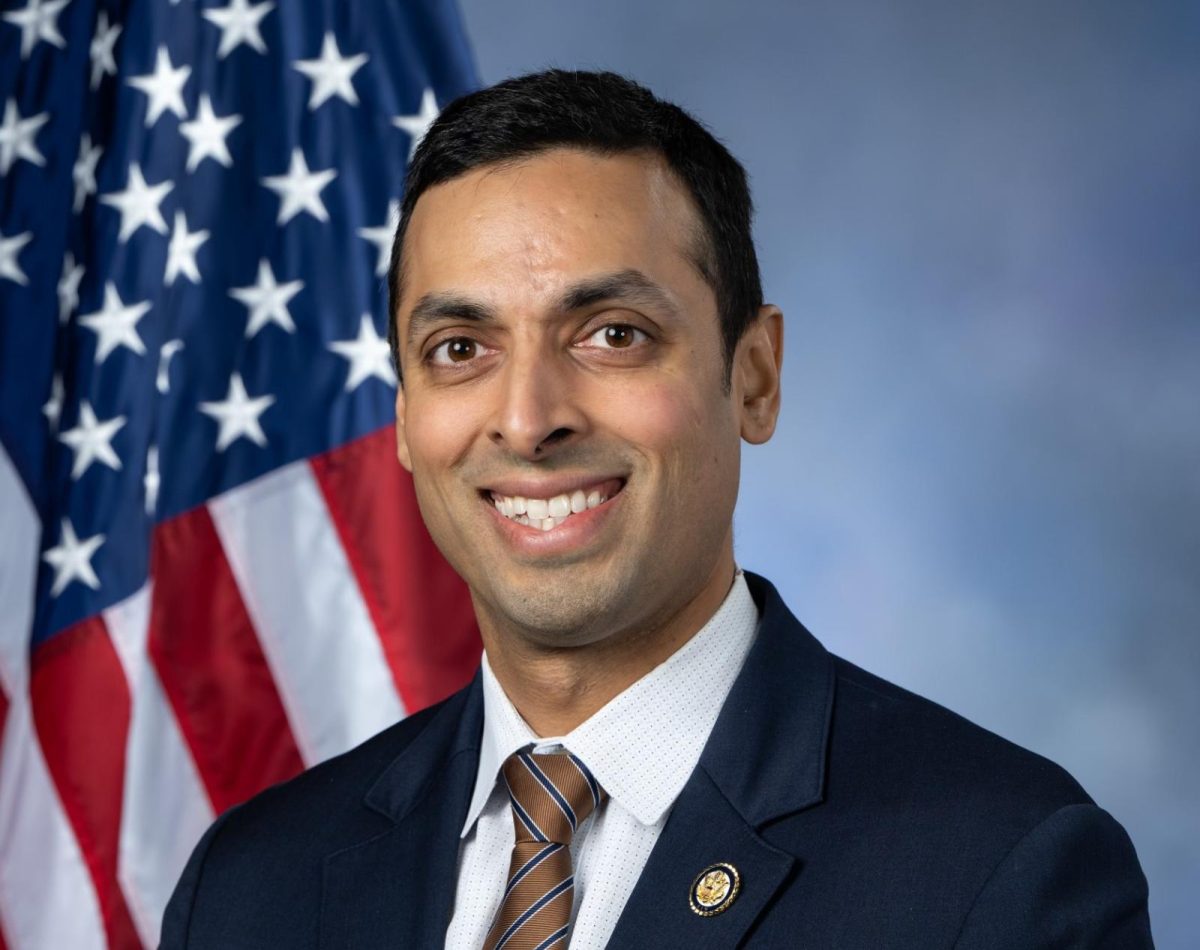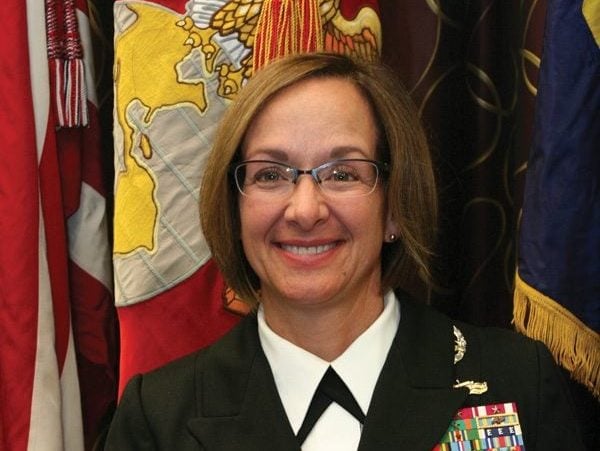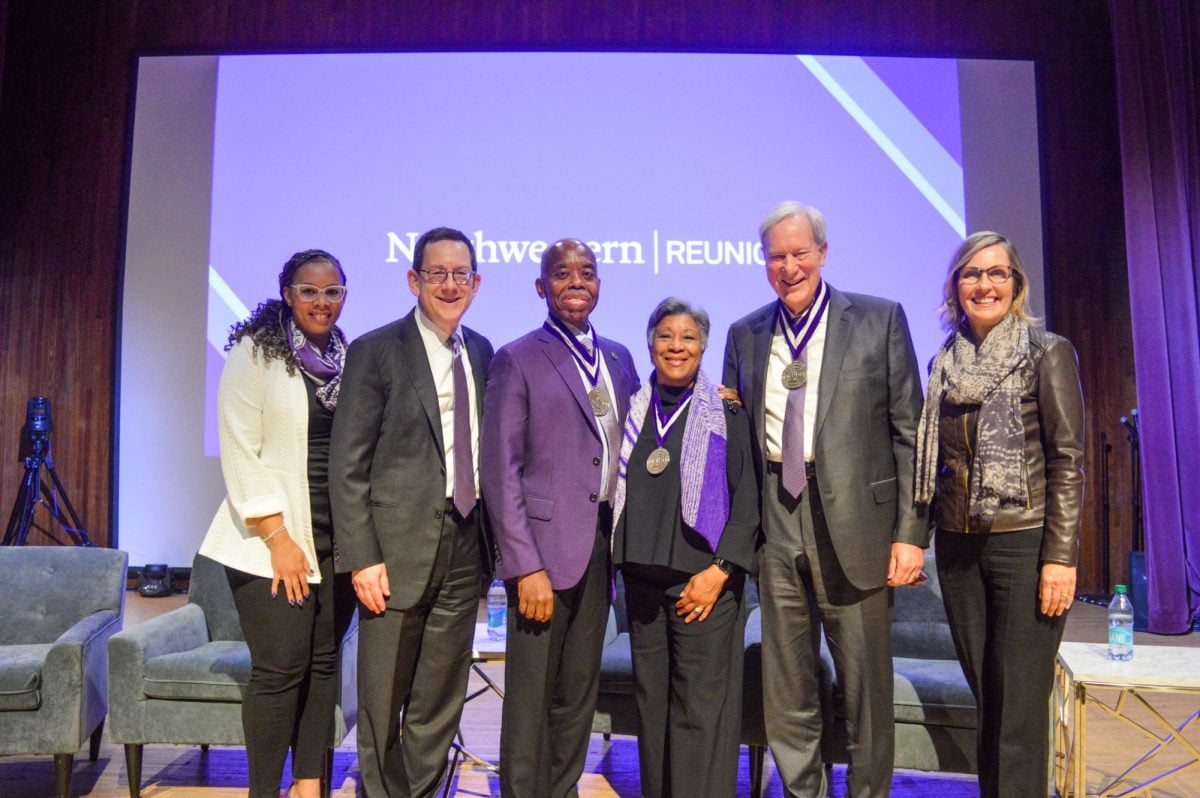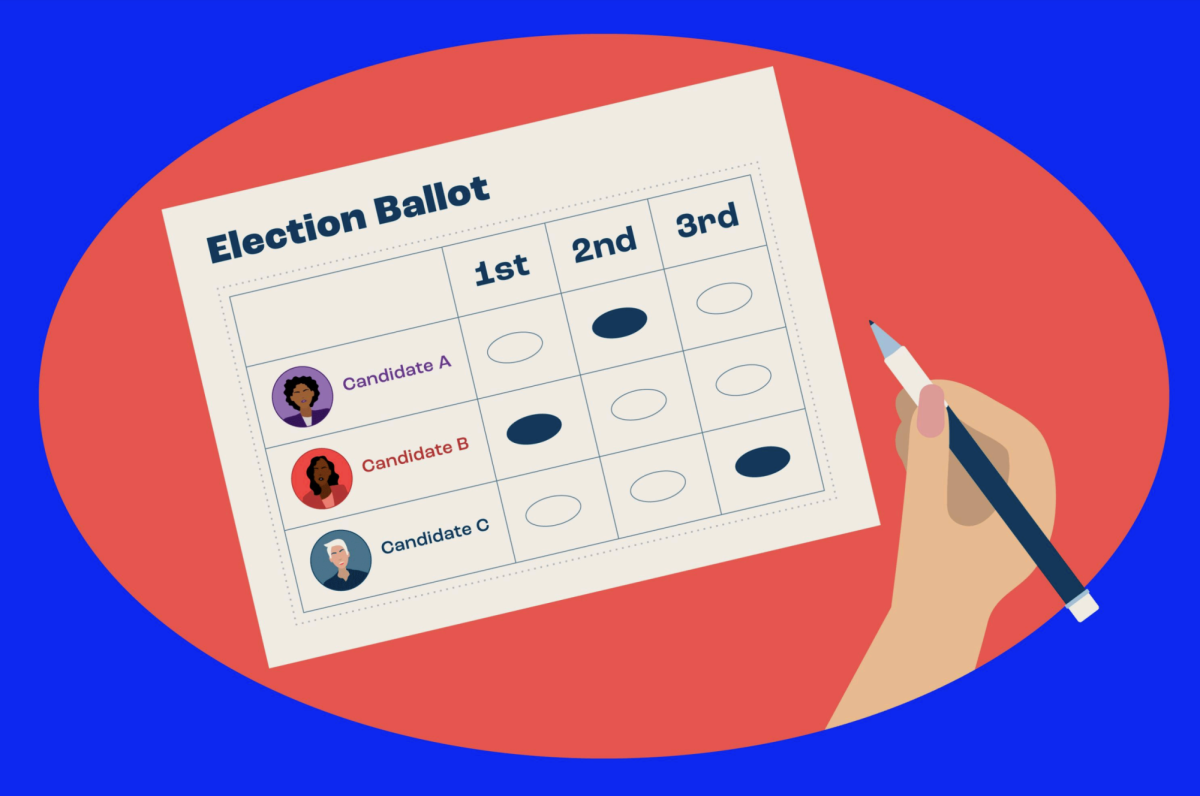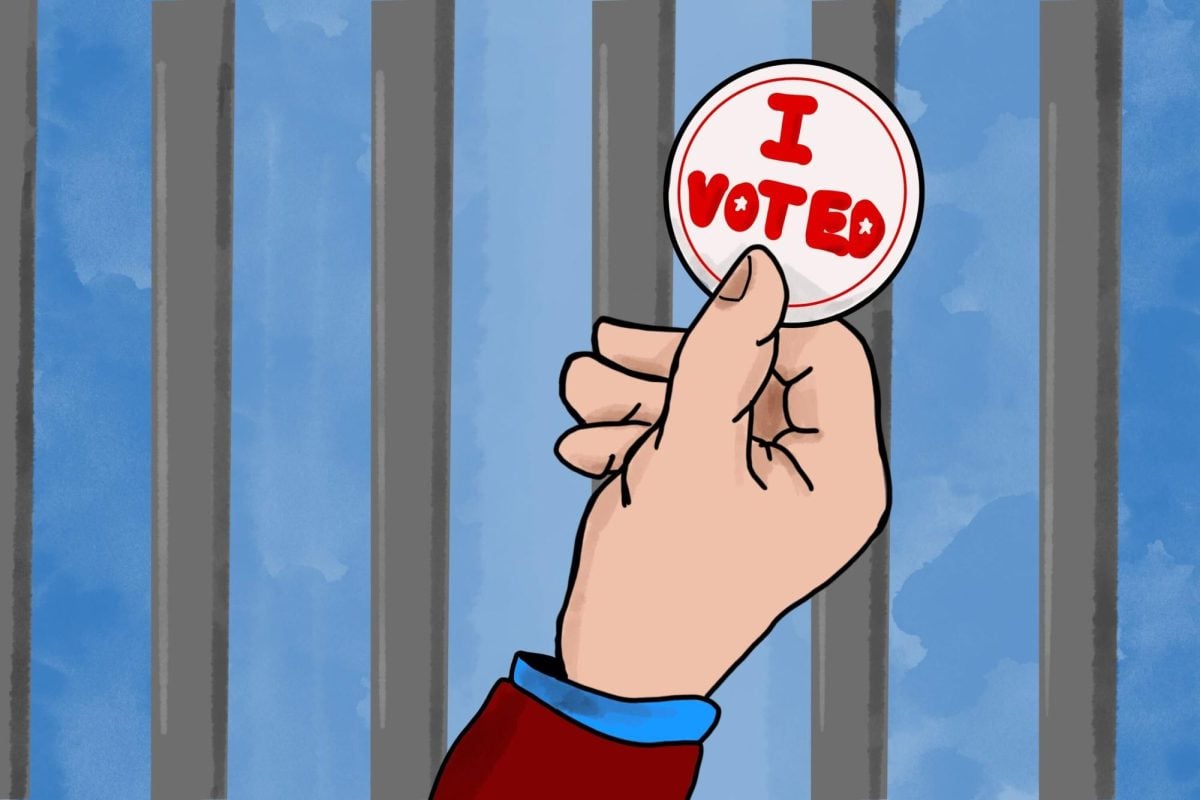Marc Levine of Wilmette is fighting an uphill, yearlong battle.
He is a Republican running for an open seat in the Illinois Senate that most recently re-elected its Democratic representative with 71 percent of the vote.
But with Democratic disillusionment after major losses at the polls in 2010 and the rising urgency of pension reform in Illinois, Levine said he hopes his candidacy will stand out to the voters of Evanston, Glenview and the other North Shore towns in Illinois’ 9th Legislative District.
Levine said Republican leaders in Springfield and business leaders in Chicago recruited him to run for the open seat vacated by veteran lawmaker state Sen. Jeff Schoenberg (D-Evanston), who announced his retirement in November.
“My campaign will be centered on the necessity of taking a hard look at the pension issue in our state,” Levine said earlier this week. “This is why I’m running and once I’m elected, I’ll be the leader in Springfield.”
Earlier this month, leading rating agency Moody’s Investors Service downgraded Illinois’ credit rating from A1 to A2, giving the state the worst rating in the nation. In its report, the ratings agency blamed a recent legislative session that “took no steps to implement lasting solutions” to resolve the state’s crippling pension shortfall.
Levine, who studied business at Northwestern (Kellogg ’90), has spent the last two decades working in the financial industry and co-founded Chicago Asset Funding, a financial advisory company that maintained its top-ranked AAA credit rating for years.
He is also a senior fellow at the Illinois Policy Institute, a pro-business advocacy group.
“I have deep financial experience,” Levine said. “I understand complex financial structures and transactions, and that’s basically what the pension system is – a complicated, convoluted mechanism.”
He also noted that he “lived through the financial meltdown in 2008,” and his firm “thrived” when many competitors did not.
Levine’s opponent is state Rep. Daniel Biss (D-Evanston), who currently serves the 17th District in the Illinois House of Representatives. Biss’ House district overlaps with a portion of the Senate district he and Levine are competing to represent.
In 2010, Biss narrowly edged out his Republican opponent in the midst of a national GOP comeback and is favored to win this November.
“In my short time in Springfield, I’ve earned a reputation as a problem solver and an effective analyst of complex technical issues,” Biss told The Daily in an email Monday. “As we cope with historic budget troubles, those skills will be needed not only to formulate solutions but also to shepherd them through the legislative process.”
Both Biss and Levine are running unopposed in their respective March 20 primaries.
Before entering politics, Biss graduated from Harvard University and earned his doctorate from the Massachusetts Institute of Technology. He became a researcher and a professor of mathematics at the University of Chicago.
But Levine, who touts his own expertise with the pension issue, said his financial experience trumps Biss’ academic background.
“We’ve seen where career politicians and academics have led us,” Levine said. “They have led Illinois down the path of Detroit and Buffalo.”
Biss defended his experience in his email to The Daily.
“I learned in academia the value of taking a long-term view of difficult problems and the importance of meticulously studying facts and data before jumping to conclusions,” Biss wrote. “I think we could certainly use more of those qualities in state government.”
Even in this early stage, the race is starting to take shape.
Dick Simpson, professor and head of the political science department at the University of Illinois at Chicago, specializes in Illinois politics and said Levine reached certain benchmarks needed to mount a serious campaign.
Candidates need organizational strength to collect signatures for the candidacy filing, ample fundraising and a savvy campaign staff if they want a legitimate shot at winning, Simpson said.
Levine told The Daily on Tuesday he submitted 2,500 signatures to the Illinois State Board of Elections when he officially filed his candidacy petition.
His 2,500 signatures were “more than sufficient,” Simpson said.
“He at least has some Republican organization or some volunteers collecting signatures,” Simpson said. “It’s not just him standing on a street corner or El stop.”
Biss supporters gathered 4,500 valid signatures and he ultimately submitted 3,000 to the state – the maximum number allowed.
Legislative races often cost up to $250,000, Simpson added, and the cost of television advertisements in the expensive Chicago market can hinder an underfunded campaign.
Levine claimed the backing of Senate Republicans and influential business leaders.
“We will have funding – that’s not going to be an issue,” Levine said.
Additionally, Levine has already hired a campaign manager and enlisted the support of Cor Strategies, a Chicago-based marketing firm that specializes in political communication. His campaign is currently in the process of building a team, Levine added.
Although Simpson said Biss currently holds the advantage, several outside factors may boost Levine’s chances of pulling an upset.
Springfield lawmakers changed legislative boundaries last year, making the district attractive for a serious challenge against Biss because of its recently redrawn borders.
Pension reform will be one of the most pressing issues of the upcoming legislative session, Simpson said, and Biss “will have to go on record in the House voting on that controversial issue.”
And if former Massachusetts Gov. Mitt Romney is the Republican presidential nominee, Simpson said he expects Republican turnout to increase in Illinois, even though President Barack Obama would still handily win his home state.
Over the course of the next 10 months, Biss and Levine will campaign across the district in preparation for the Nov. 6 general election.
But for Levine, this election is more than a horse race ; it is an opportunity for action.
“I’ve talked a lot about politics over the years and ways to fix the wrong direction we’re heading in,” Levine said. “This is my chance to do something.”

